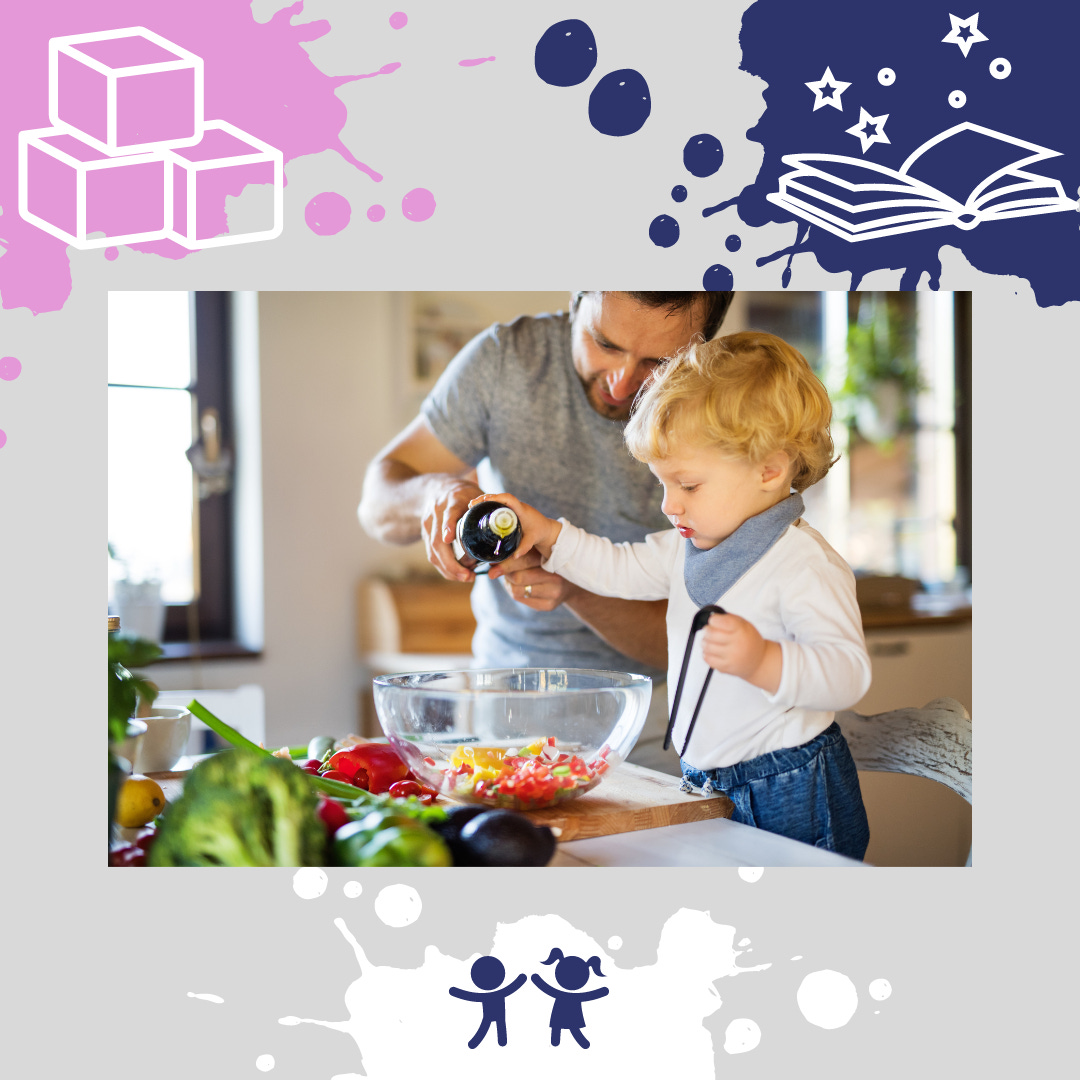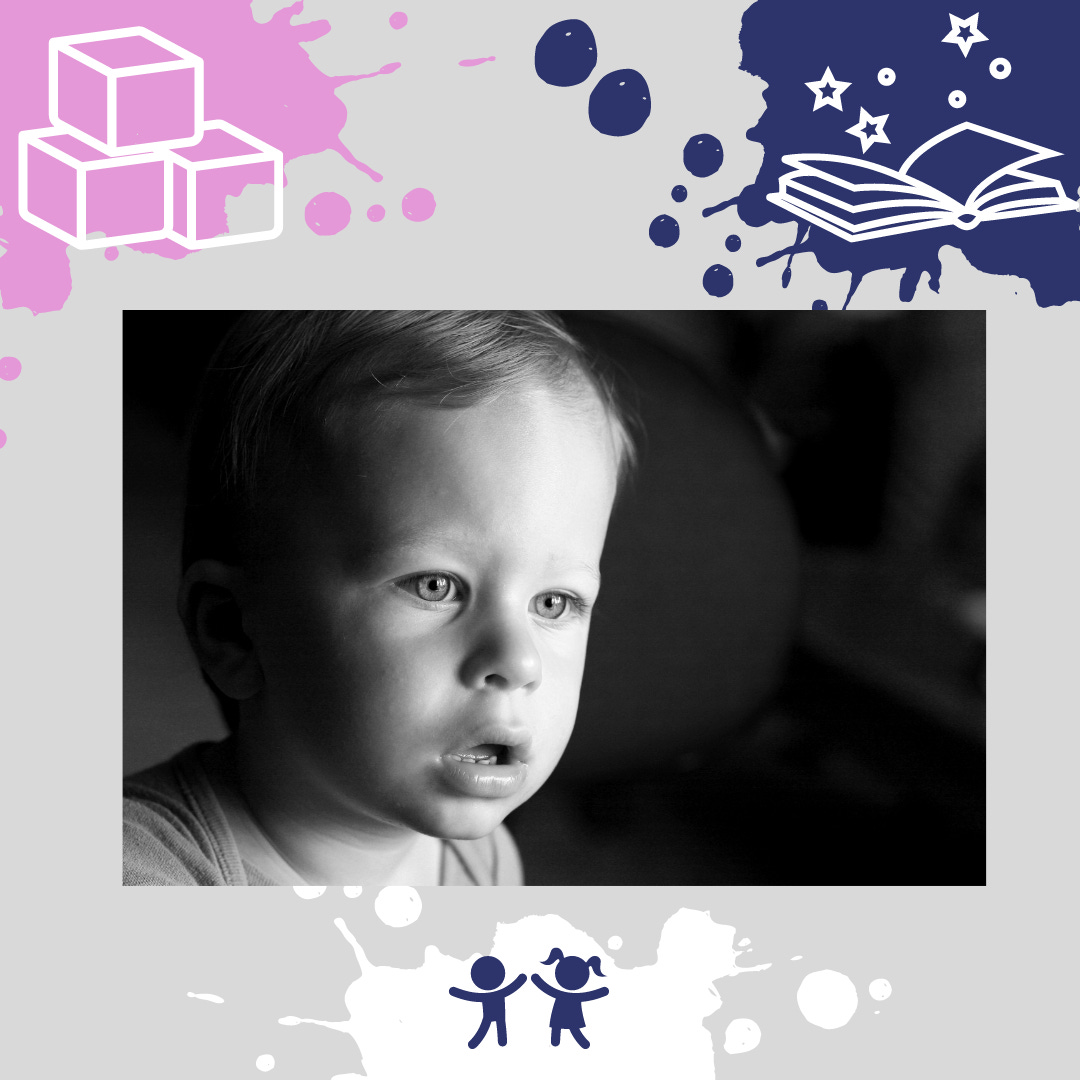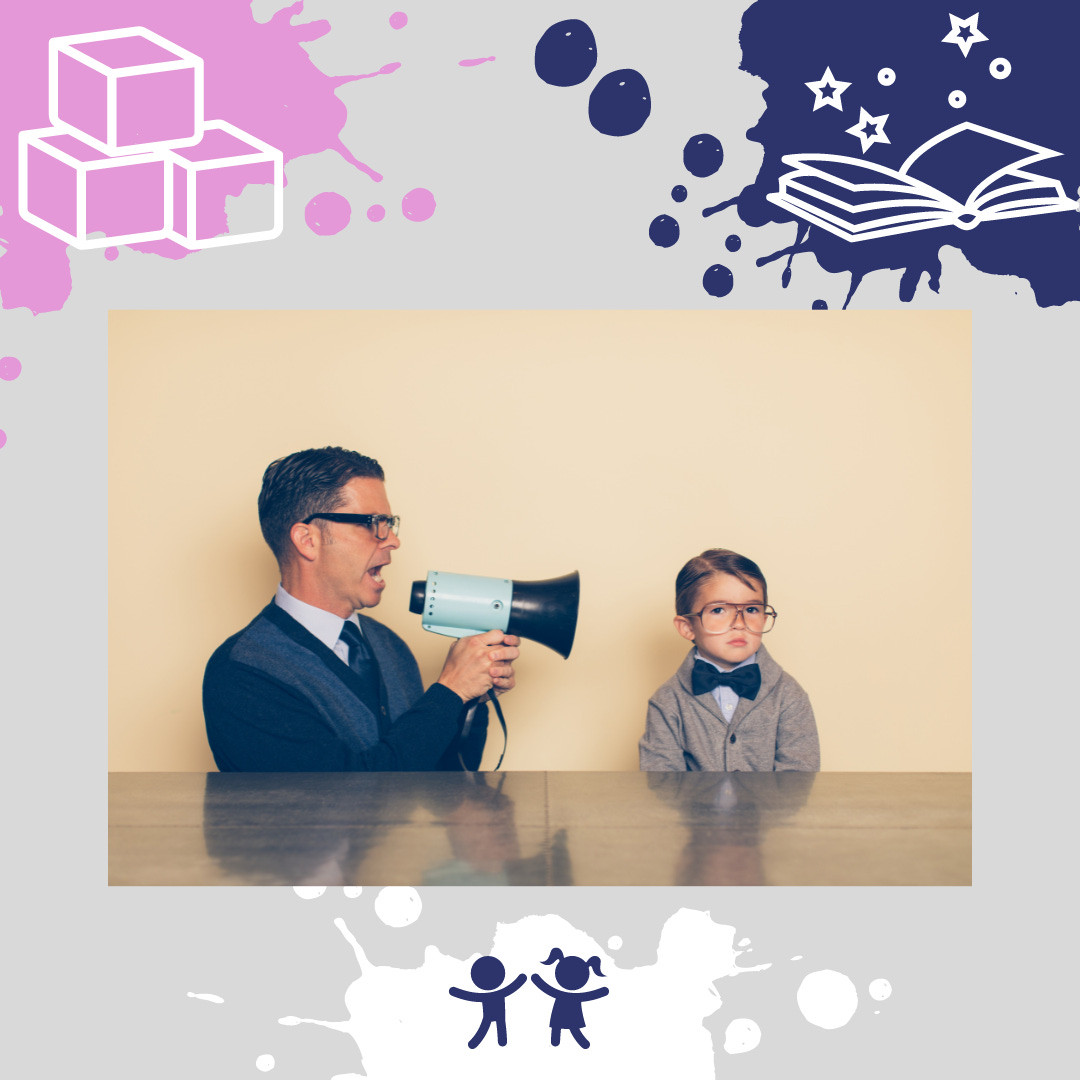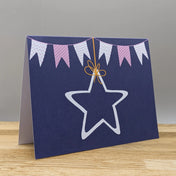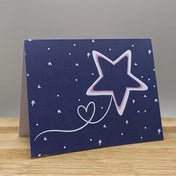Hi Everyone! I hope this message finds you well.
For over two decades, I've been passionate about working with families, and this path has led me to some incredible experiences. From being a school staff member to a nursery manager, a nanny, and a family support worker - each role has been a stepping stone in understanding the beautiful complexity of parenting and child development.
You know, it's funny how life works. These experiences and insights have led me to my latest adventure - founding
Zidarkid, a toy shop specializing in wooden and soft toys from environmentally conscious brands. It's my way of combining my passion for child development with my commitment to sustainability.
These varied experiences didn't just shape my career; they transformed my perspective on childcare. I've laughed with parents over their children's antics, shed tears during challenging times, and celebrated countless milestones. Each family I've worked with has left an indelible mark on my heart and contributed to my understanding of what truly matters in a child's development.
Through my years of observation and hands-on experience, I've noticed some fascinating trends in parenting. Some parents seem to have an almost magical connection with their children, while others (bless their hearts) sometimes seem a bit lost. But here's the exciting part - with just a few tweaks, I've seen parents make incredible strides in fostering their children's growth. It's these little nuggets of wisdom that I'm eager to share with you in my blog.
Let me tell you about a revelation I had recently. Remember when we were children, and making a pizza was an event? I have such fond memories of helping my mum make the dough, waiting (im)patiently for it to rise, and then the joy of adding toppings. It wasn't just about the pizza; it was a lesson in patience, perseverance, and the satisfaction of creating something from scratch. In our fast-paced world, I worry we're losing touch with these slow, meaningful experiences.
So, number one on my list of tip would be to:
Embrace Slow Experiences and take into account your child’s interests.
I'll never forget the day a parent in our nursery misunderstood our advice to "follow your child's interests." They literally started following their child around the room! While it gave us a good chuckle, it also highlighted how easy it is to misinterpret parenting advice. What we really meant was to notice what captivates your child and use that as a springboard for learning. If your little one is fascinated by bugs, why not plant some cress seeds together? It's a perfect opportunity to introduce new words, teach patience, and nurture a love for nature.
Number two will go to:
Asking "What's That? "Questions and “Say It” statements
Now, I have a confession to make. For years, I was that person who'd pick up a toy and ask a child, "What's that?" over and over. It wasn't until I underwent some eye-opening training that I realized how counterproductive this could be. Learning is a journey, and our role is to guide, not test. Now, I focus on modelling language and providing context. It's amazing how a simple shift in approach can open up a world of learning opportunities.
“Children’s speech develops from babble, to words, to simple sentences through hundreds of hours of interactions with adults. Studies show that once babies begin to understand words their vocabulary increases quickly:
by age 1, children recognise about 50 words
by age 3, children recognise about 1,000 words
by age 5, children recognise about 10,000 words
The journey of language acquisition is a fascinating process. Children typically progress through three main stages: first, they hear a word; then, they begin to understand its meaning; and finally, they're able to use it themselves. It's like watching a little seed of knowledge grow into a fully bloomed flower of communication!
As caregivers, our role is crucial in nurturing this growth. When children are at the stage of understanding words but not yet using them, it's our job to provide the bridge that takes them from comprehension to expression. This is where I had my own "aha!" moment.
One of my favourite techniques I've learned is the "10-second rule." It's simple: after asking a question, wait for 10 seconds to give the child time to process and respond. In our rush to fill silences, we often rob children of the chance to express themselves. I've seen incredible moments of growth and connection just by embracing those quiet seconds.
The third point will go to:
Listening and Enjoying the Time Together
I recall an experience in a shop where a mother was adding items to her trolley and continually talking to her baby about each item and how delicious it would be. The baby responded with noises, eye contact, and smiles. This kind of interaction lays a strong foundation for future communication skills. Unfortunately, this seems to be declining.
In contrast, I saw a family in our reception area where the child was given a book and looked confused, unsure of what to do. The mother then handed him a phone with cartoons, and they both sat in silence. This missed opportunity for engagement and conversation highlights a common issue in today's digital age. I am not saying that phones are bad, however it is up to the Parent to strike the balance right.
So take time to enjoy the little moments in life.
Supporting children in their development involves thoughtful interaction and patience. By modelling language, giving children time to respond, and creating engaging, interactive environments, we can foster their vocabulary and communication skills effectively.
Remember, it’s about quality interactions, not just quantity. Slowing down and embracing experiences that require time and effort can significantly benefit a child's development.
Thank you for taking the time to read my thoughts. I'd love to hear about your experiences too. After all, we're all in this together, learning and growing alongside our little one.
I hope you'll join me on this journey. Through my blog, I aim to share more of these insights, tips, and stories.
Whether you're a new parent, a seasoned caregiver, or just someone interested in child development, I hope you'll find something valuable here.
Wishing you a day filled with joyful discoveries and meaningful moments with your children.
Warmly, Elena

